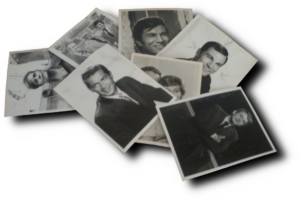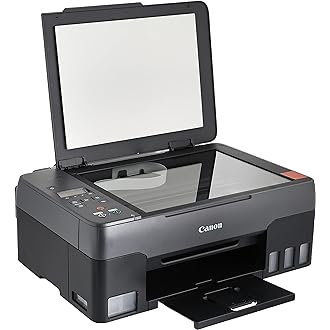 Almost all of us have “inherited” photos from family members. Many of those are likely to be very old. Some may actually be over 100 years old. While it’s all very well having them, it’s often difficult to get copies. The negatives are often long gone or damaged beyond being useful.
Almost all of us have “inherited” photos from family members. Many of those are likely to be very old. Some may actually be over 100 years old. While it’s all very well having them, it’s often difficult to get copies. The negatives are often long gone or damaged beyond being useful.
Scanning them is one way to be able to preserve them in the condition they’re in, as digital photos don’t degrade, they don’t fold, crease, scratch or fade. Once in a digital format, they can be reprinted and, depending on the dpi chosen, even enlarged to a degree. The latter obviously is dependent upon their original size, but enlargement is possible.
It also allows you to be able to share them with other family members, friends or on-line.
Professional quality photo scanning
 We offer a high quality service to take scans of your photographs that will enable you to share them and make them available on your phone, tablet or computer.
We offer a high quality service to take scans of your photographs that will enable you to share them and make them available on your phone, tablet or computer.
The utmost care is taken to ensure that when taking scans of your photographs, the photographs are free of fingerprints, smudges or dust.
We offer three resolutions to save with:
- 300 dpi. Standard setting, firstly giving good file sizes for sharing and secondly, a good print quality.
- 600 dpi. These are the best all-round resolution, also allowing some enlargement as well as excellent printing.
- 1200 dpi. This would allow a certain amount of enlargement should you wish to print photos greater than 150mm X 100mm.
In addition, we can also save to numerous file formats. Usually, these would be either JPG or PNG, depending whether you want small file size or best quality, but others can be catered for on request.
A guide to file formats
Most people have heard of JPG files. They are the industry standard for image files on the internet and also with most digital cameras and phones.
They produce compressed files, which keeps the size down. This might be important when dealing with some of the higher megapixel photo formats. However, with the compression comes a loss of quality.
PNG files like JPG’s are compressed. However because they’re better quality, the PNG file is bigger.
For a more in depth look at file types, click here. It’s a link to a Wikipedia page. They can explain it better than we can.
What we need from you to scan your photographs
We will need your physical photos and a phone number or email address to contact you on once they’re ready.
We will also need a USB thumb drive or external hard drive to save your scanned photographs to.
That’s it.
Unfortunately, we are not able to offer a postal option for this. You would need to drop off your prints and collect once done.
Check below to contact us via a message or for a telephone number:
